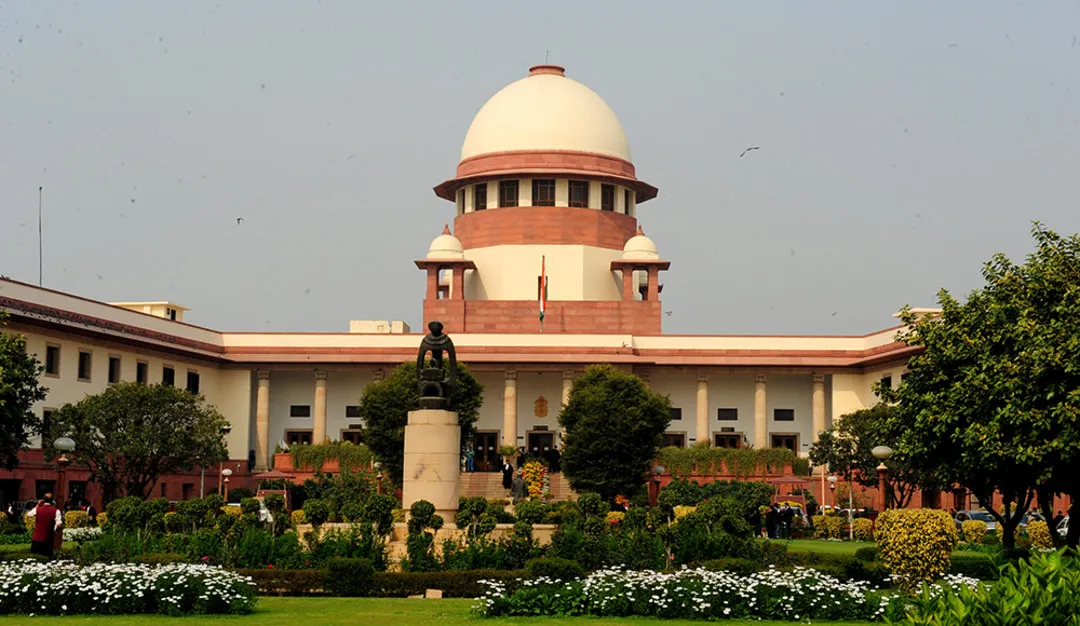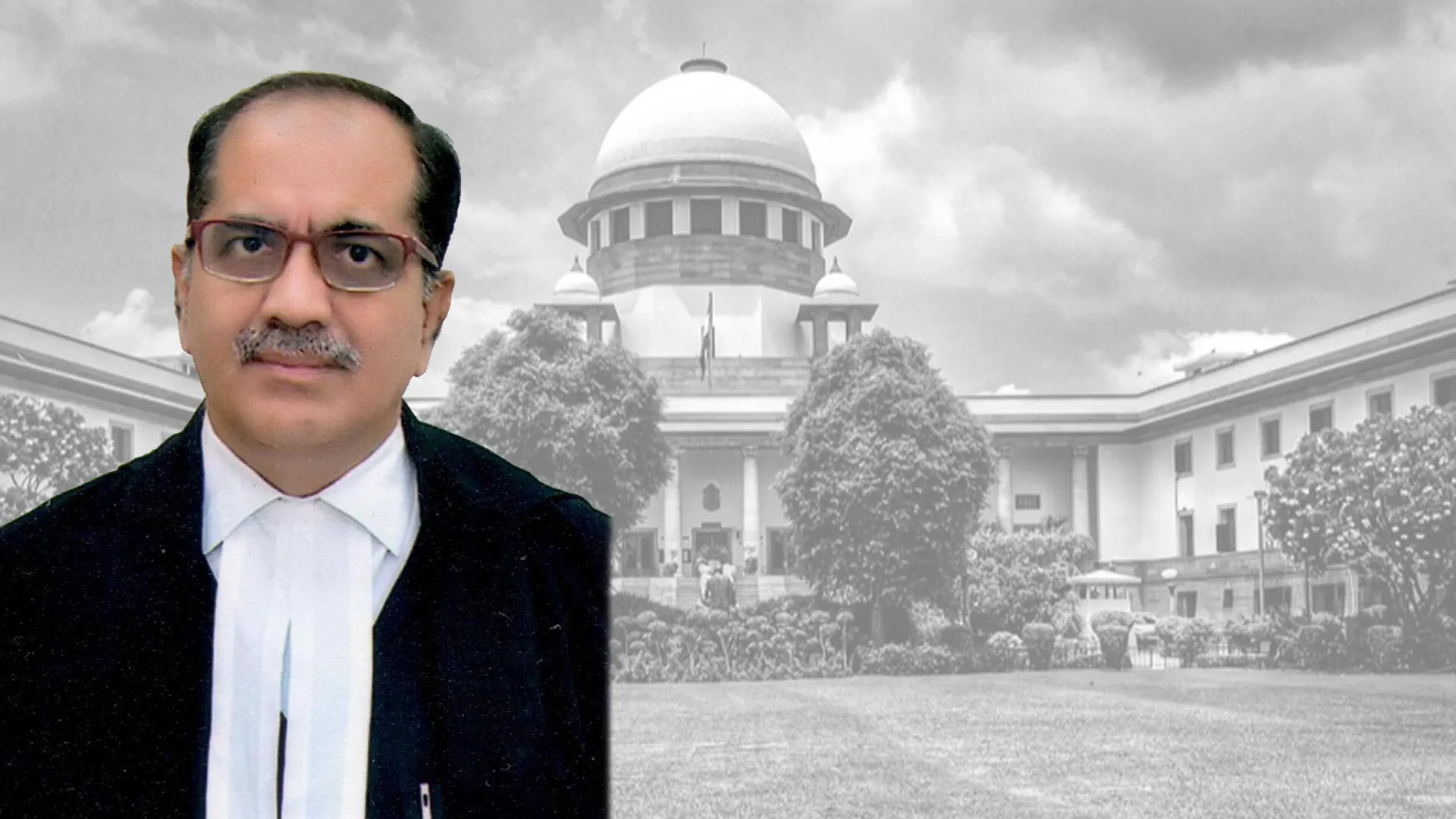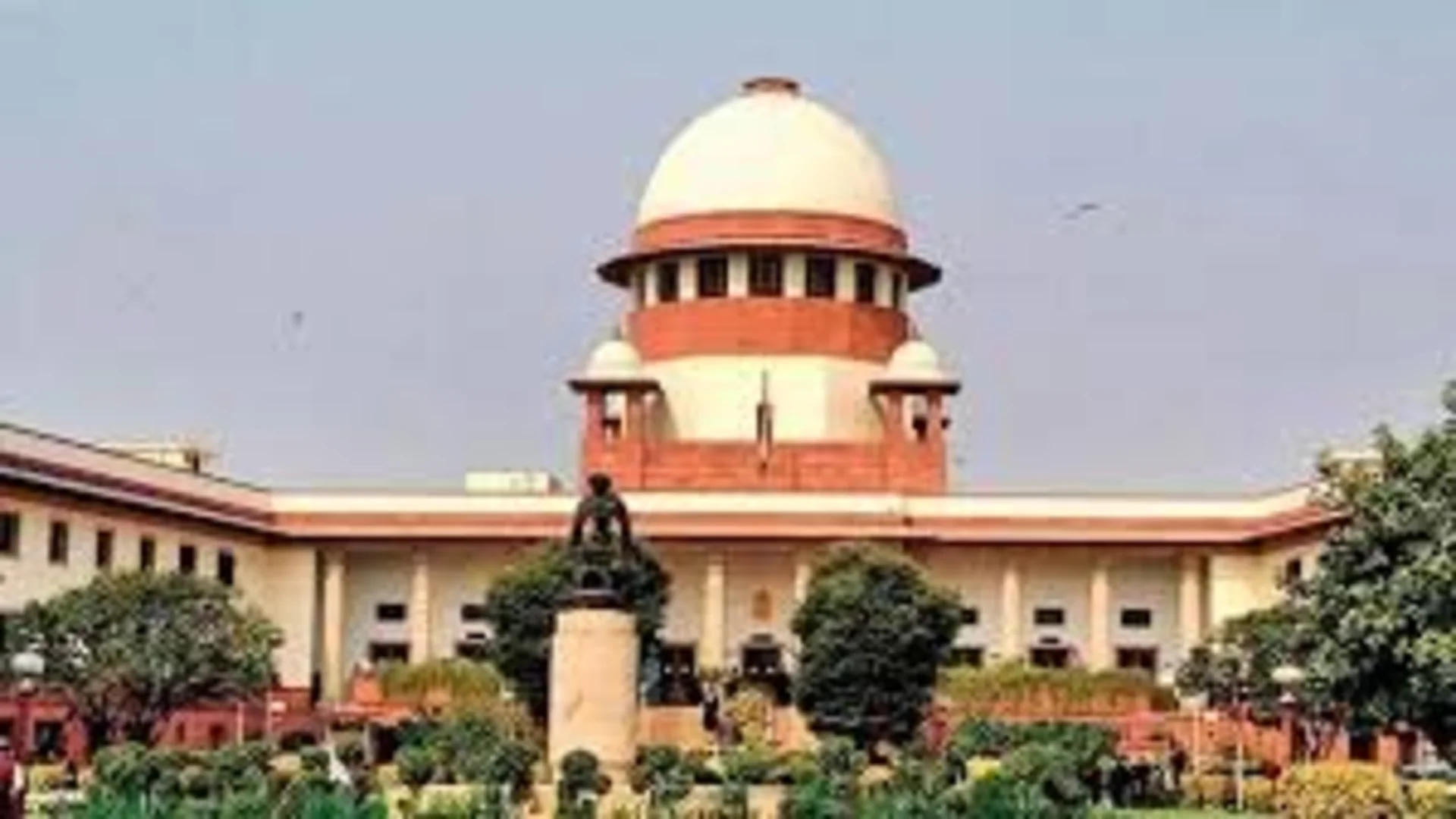In a landmark ruling, the Supreme Court has instructed the President to make a decision on bills referred by governors within three months. The decision came after the Court overruled the Tamil Nadu Governor’s refusal to assent to pending bills, setting a significant precedent.
Court’s Ruling on Presidential Powers
Justices JB Pardiwala and R Mahadevan, who delivered the verdict, clarified that the President’s actions under Article 201 are open to judicial review. The Court emphasized that while the Constitution doesn’t specify a timeline, the President must decide within a reasonable time.
The Court emphasized that the President cannot hold onto a bill indefinitely. “The position of law is settled that even where no time-limit is prescribed for the exercise of any power under a statute, it should be exercised within a reasonable time,” it stated. Thus, the President’s decision under Article 201 cannot bypass this basic legal principle.
Three-Month Deadline Set
The bench then specified that the President must decide within three months of receiving a bill from the governor. If the President fails to act within this period, the reasons for the delay must be recorded and communicated to the relevant state.
Judicial Intervention in Case of Delay
The Court also clarified that if the President does not act within the prescribed period, affected states can approach the courts for relief. In cases where the constitutionality of a bill is in question, the Court stated that the executive should not intervene. Instead, such issues should be referred to the Supreme Court for review under Article 143.
Legal Precedent Set in Tamil Nadu Case
The ruling followed the Tamil Nadu Governor’s decision to withhold assent to 10 bills passed by the DMK government. By setting deadlines for governors to act on bills, the Court has opened the door for judicial review in cases of inaction.
The Court concluded, “We have no qualms in stating that the hands of the executive are tied when engaging with purely legal issues in a bill and only the constitutional courts have the prerogative to study and provide recommendations as regards the constitutionality of a bill.”






















